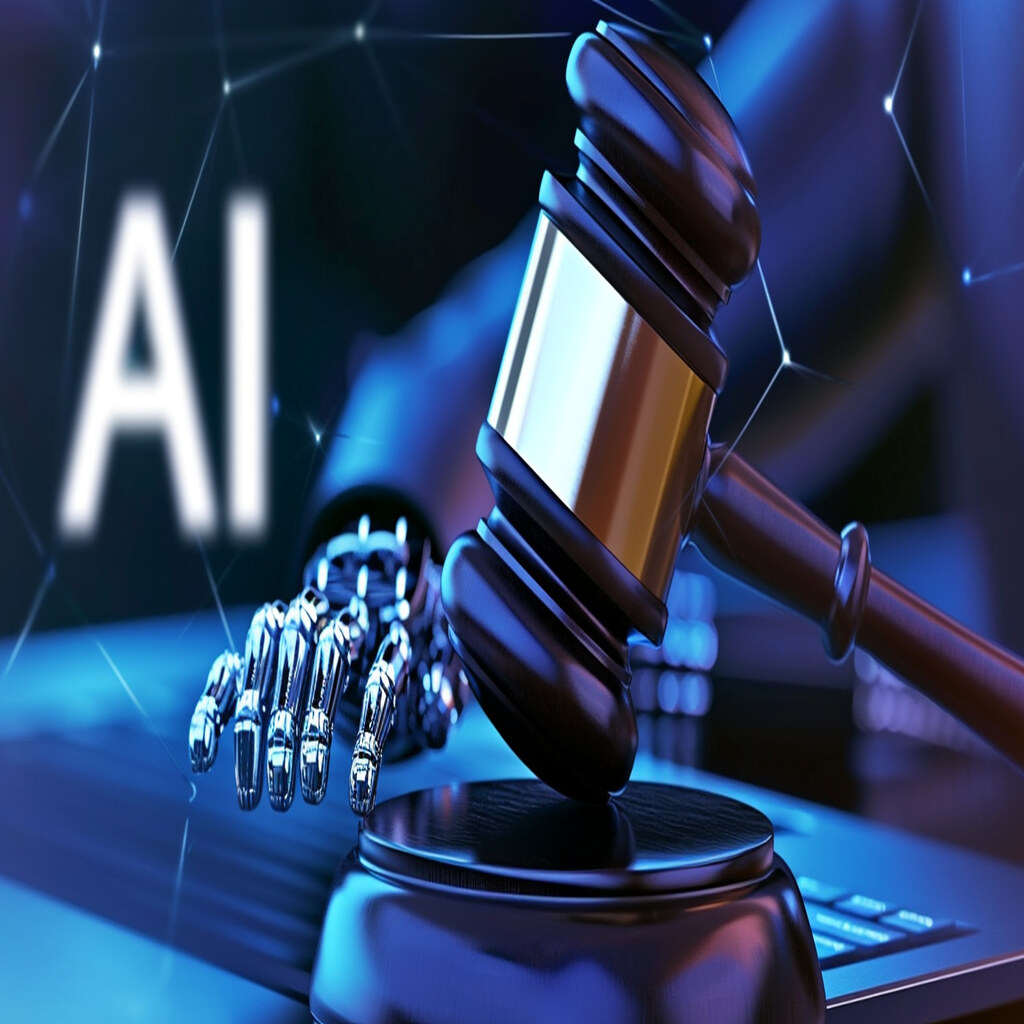In a recent development, the UK government has officially abandoned plans to introduce a data mining exception in copyright law, specifically aimed at benefiting the artificial intelligence (AI) sector. This decision follows intense lobbying from tech companies advocating for easier access to copyright-protected works for the training of AI models.
The UK government has reiterated its decision to abandon the proposed wide-ranging text and data mining exception in copyright law, which had garnered significant opposition from copyright industries, including the music industry. The initial proposal aimed to provide AI companies with greater flexibility in utilizing existing content for training generative AI models without seeking explicit permission from copyright owners.
Shift towards a code of practice amidst ongoing lobbying efforts
Despite the abandonment of the data mining exception, the UK government is now pivoting towards the development of a code of practice surrounding AI and copyright. This move is intended to strike a balance between the interests of the tech sector and copyright industries. However, the ongoing lobbying from tech companies continues, as they push for more leniency in copyright law to facilitate the training of AI models.
Copyright industries insists on permission for AI model training
Copyright industries, including the music sector, maintain a firm stance that tech companies should obtain permission from relevant copyright owners before training AI models with existing content. On the other hand, tech companies argue that such training should fall under a copyright exception, eliminating the need for explicit permission. The debate has led to a complex landscape where finding a compromise becomes a challenging task for policymakers.
OpenAI and OpenUK express concerns over stifled innovation
OpenAI, a key player in the AI domain, submitted a statement asserting the necessity for AI tools to be exposed to a diverse range of human intelligence and experience, including copyright-protected works. OpenUK, an organization advocating for the open technology community, expressed concerns about the potential stifling of AI development and tech innovation in the UK due to the absence of a data mining exception. The organization warned that the proposed code of practice might restrict legitimate use, hindering progress in the AI sector.
Global perspectives highlight disparities in AI regulation
OpenUK emphasized the global landscape, pointing out that many nations have enacted specific exceptions to copyright law to accommodate AI model training. In contrast, the absence of such exceptions in the UK raises concerns about the country falling behind in AI development. The organization highlighted the US fair use provisions and exceptions in other nations, underscoring that the UK’s current legal framework might hinder the training of large language models (LLMs) using publicly available data.
Ongoing inquiries and submissions from the tech sector
The House of Lords select committee is actively considering these issues and has received submissions from the tech sector, including OpenAI. The submissions stress the need for flexibility in using third-party data for training AI models to unlock the full potential of the UK artificial intelligence industry.
Balancing innovation and copyright obligations
As the UK government abandons plans for a data mining exception, the delicate balance between fostering innovation in the AI sector and respecting copyright obligations remains a contentious issue. While copyright industries argue for licensing solutions and adherence to copyright obligations, tech companies continue to press for more flexibility in copyright law. The outcome of the ongoing discussions and the development of the proposed code of practice will play a crucial role in shaping the future of AI innovation in the UK.
A Step-By-Step System To Launching Your Web3 Career and Landing High-Paying Crypto Jobs in 90 Days.
 Mining
Mining